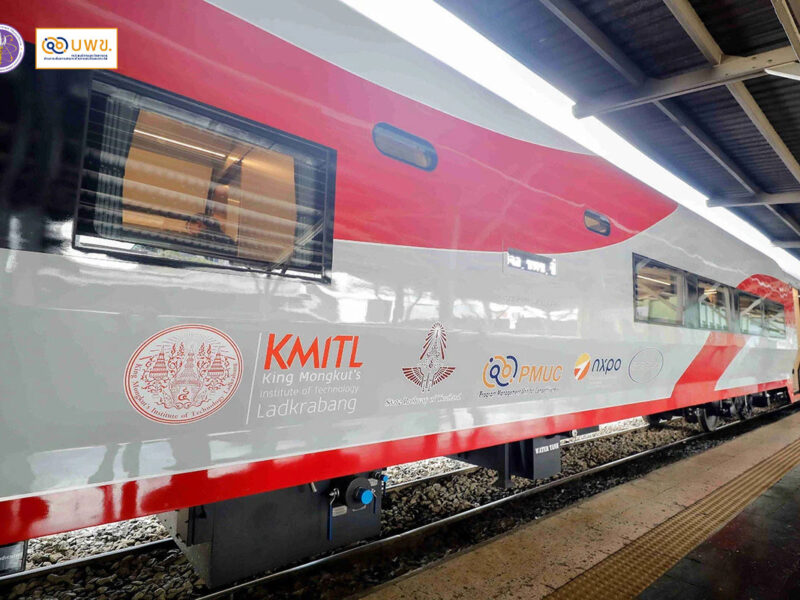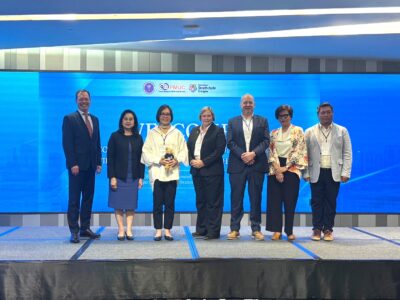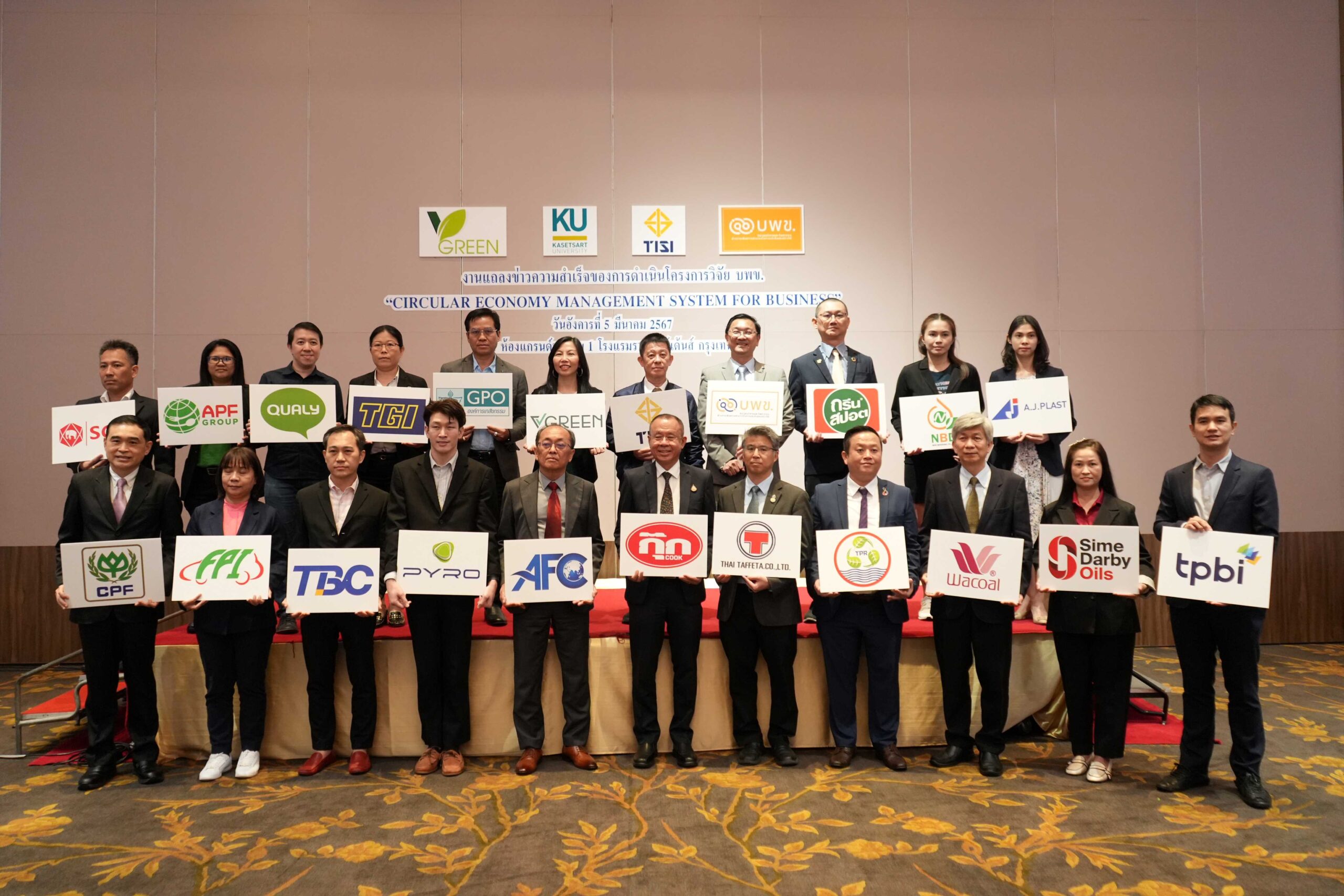
The first step towards success in promoting the CIRCULAR ECONOMY policy and SDGs came after ‘VGreen’ and the Thai Industrial Standards Institute (TISI), Ministry of Industry, signed an MOU to develop the country’s first Circular Economy Management System (CEMS) standards with 30 pilot companies at the end of 2022, under the support of the Program Management Unit for Competitiveness (PMUC), Ministry of Higher Education, Science, Research, and Innovation (MHESI). Recently, a press conference titled “CIRCULAR ECONOMY: From Policy to Practice for Business Organizations” announced the successful certification of the first 26 companies under the CEMS standards. Additionally, over 500 personnel have been trained as certified auditors and inspectors for circular economy management in organizations to enhance the competitiveness of Thai private sector businesses in both domestic and international markets.
Due to increasing severity of environmental issues and resource scarcity, many countries have issued environmental regulations and standards. Particularly, the European Union and the United States, which are large and high-potential markets, have implemented additional taxes on goods that impact the environment and have high carbon dioxide emissions during production. These measures affect businesses worldwide. Therefore, the Thai government and entrepreneurs must quickly adopt innovations and technologies to ensure production processes meet carbon emission standards. The Thai government’s economic weapon to address and build on this issue is the promotion of the ‘BCG’ model, focusing on three main areas: Bio Economy, Circular Economy, and Green Economy, aiming to push businesses and industries towards Net Zero Emissions.
To build confidence among customers/partners, the Thai Industrial Standards Institute (TISI), under the Ministry of Industry, has established the national inspection and certification standard “Circular Economy Management System for Organizations (CEMS),” MS.2-2, as a guideline for businesses to implement circular economy systems within their organizations. They have collaborated with the Environmental Business Strategy Center (VGreen), led by Assoc. Prof. Rattanawan Mungkung, the Director of VGreen, supported by the Program Management Unit for Competitiveness (PMUC), under the Ministry of Higher Education, Science, Research and Innovation (MHESI). This collaboration aims to develop a system that meets business needs, promoting concrete and effective implementation, and building trust among stakeholders. The project invites entrepreneurs, consultants, certification bodies, and accreditation bodies to participate to cover the entire structure.
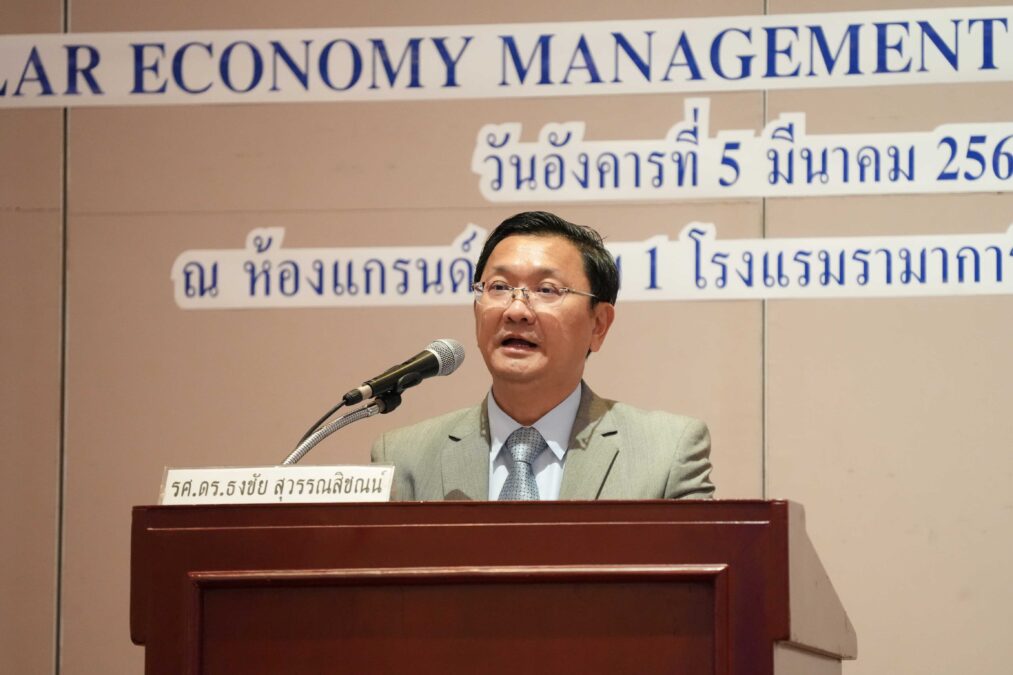
Assoc. Prof. Thongchai Suwansichon, Ph.D., Director of PMUC, stated, “The goal of this project is to elevate business operations under the circular economy concept to practical application according to national inspection and certification standards. This is the first development of an inspection and certification system for organizational circular economy management in Thailand, aiming for national and international acceptance, and providing practical guidelines for industries interested in the system. This project creates knowledge and understanding of practical approaches and compliance with CEMS standards, and also develops personnel for organizational circular economy management systems, promoting widespread industrial application to drive concrete circular economy policies, addressing SDG 9, SDG 12, and SDG 13 of the country.”
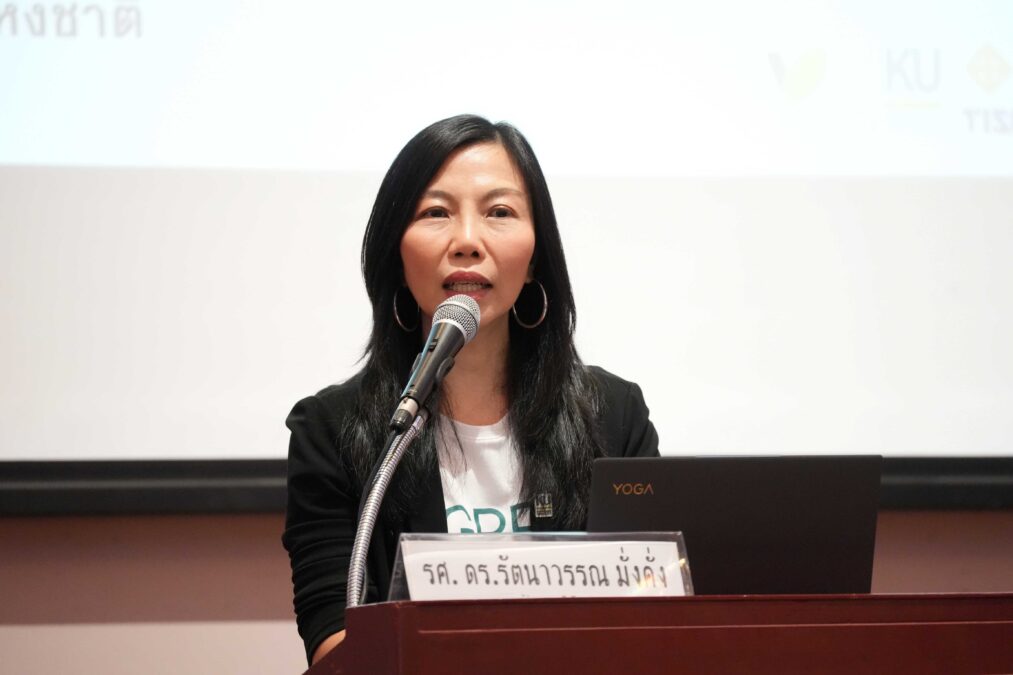
Assoc. Prof. Rattanawan Mungkung, Ph.D., Director of VGreen, the Faculty of Environment at Kasetsart University, project leader, added, “This project aims to develop an inspection and certification system for organizational circular economy management in Thailand to be nationally and internationally accepted, and to create practical guidelines according to national inspection and certification standards. We are recruiting pilot companies to participate in the project, applying the organizational circular economy management system standards in practice, enhancing resource efficiency, reducing waste, and greenhouse gas emissions. These companies will undergo external audits and be the first group in Thailand to be certified in organizational circular economy management, comprising 26 companies. Additionally, we are developing competent consultants and auditors from certification bodies ready to expand the scope of CEMS inspection and certification services, in line with the standards, to enhance the efficiency of businesses operating under the circular economy concept.”
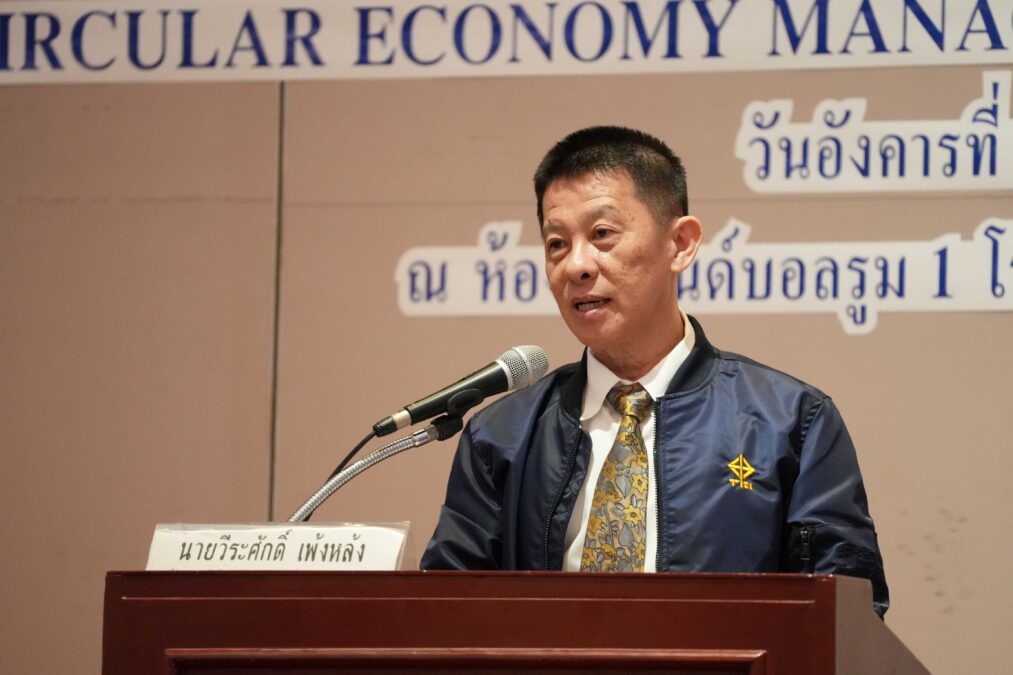
Mr. Weerasak Penglong, Director of Thai Industrial Standards Institute (TISI), added, “The circular economy management system standard for organizations is a new issue. Therefore, developing human resources, especially consultants, will be a crucial factor in leading to the broad application of the standard in the industrial sector to drive the CE policy concretely. In this project, theoretical training on the origin of requirement development and the interpretation of requirements into practical guidelines, as well as practical training through consulting with pilot companies, has been organized to develop consultants with knowledge and understanding of practical guidelines and demonstrating compliance with the requirements of the organizational circular economy management system standard. A total of 34 people have been trained, including 23 people from 6 consulting companies, 5 independent consultants, and 6 university professors. The list of consultants will be announced on the TISI website to provide information to industrial plants.”
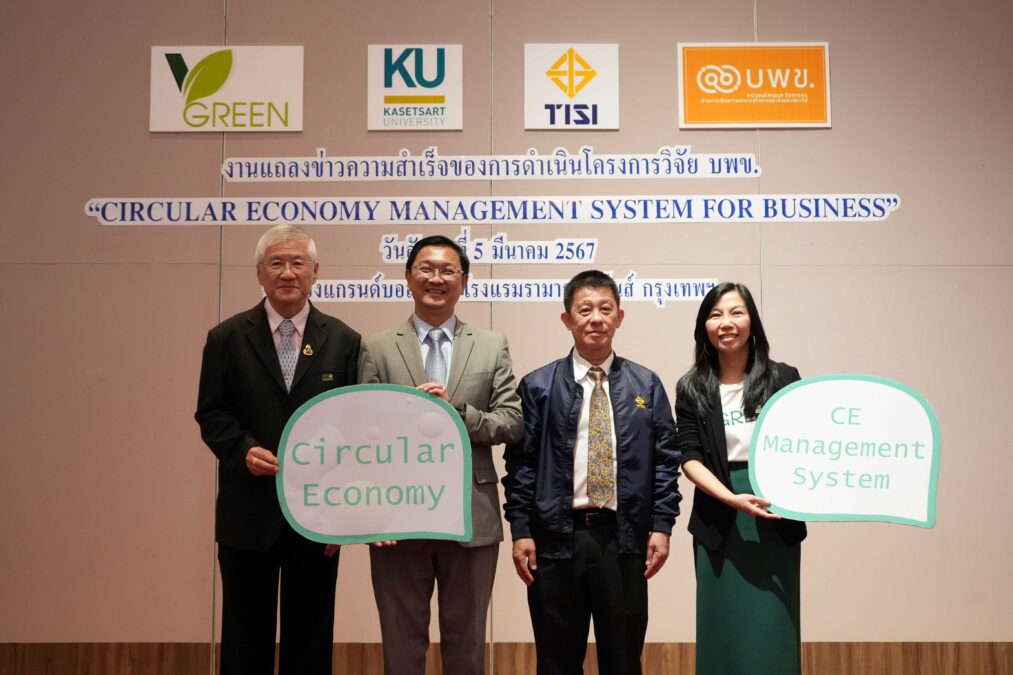
The list of Certification Bodies (CB) participating in the project and ready to provide assessment and certification services for the organizational circular economy management system standard includes:
- Thailand Institute of Scientific and Technological Research (TISTR)
- Management System Certification Institute (MASCI)
- SGS (Thailand) Co., Ltd.
- Bureau Veritas (Thailand), Co., Ltd.
PMUC aims to close gaps and link key stakeholders in the value chain, from product brand owners, manufacturers, consumers, to recyclers, to achieve a concrete circular economy in Thailand. Therefore, it has funded this research project under the circular economy program, with VGreen as the operator, in collaboration with TISI, which provides in-kind research funding. PMUC expects that the Circular Economy Management System (CEMS) will be a significant tool and mechanism to drive the development of Thailand according to the circular economy model goals concretely, leading to reduced resource use, reduced waste generation, reduced greenhouse gas emissions, increased value of circular products, and enhancing Thailand’s competitiveness to become a leader in the circular economy at the regional level.

